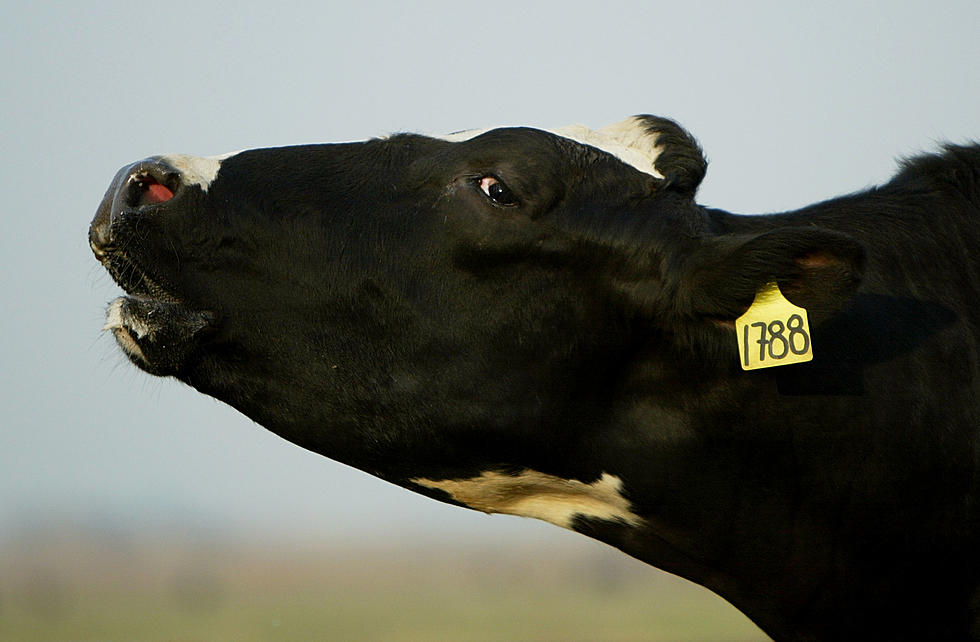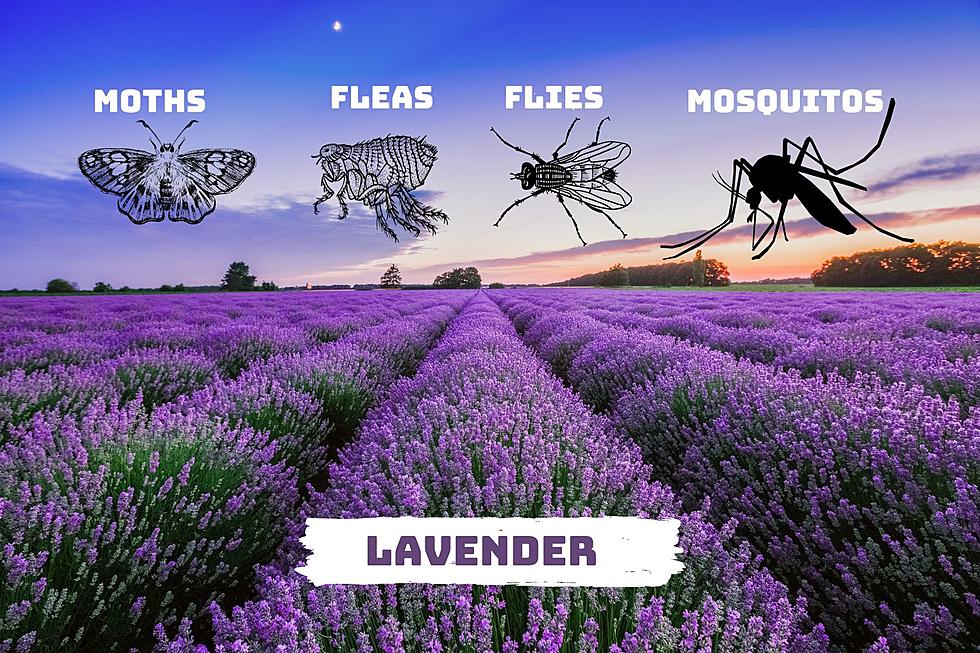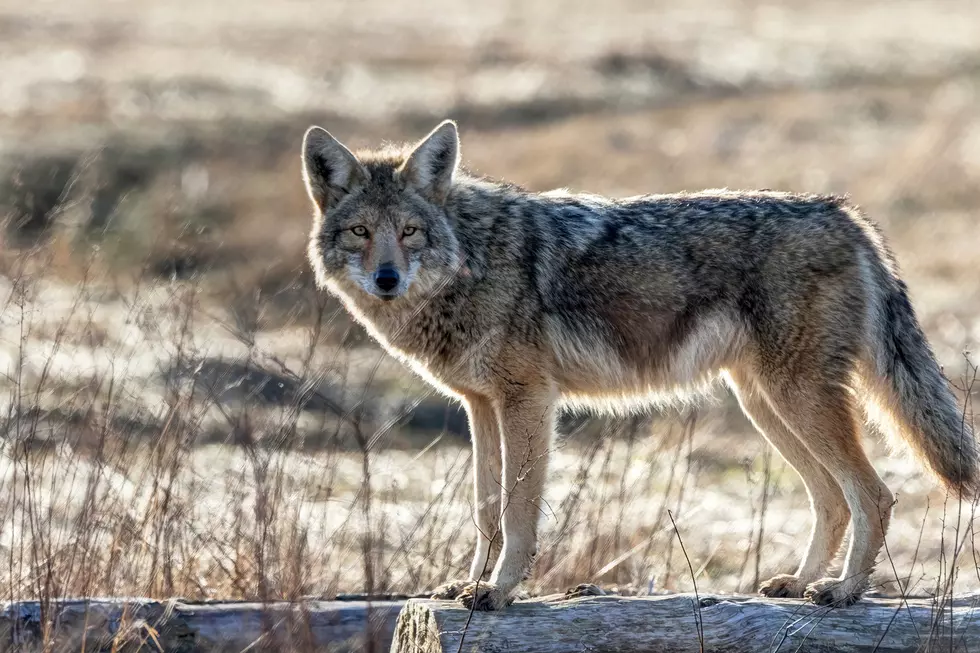
Keeping Livestock Cool During Central New York’s Heat Wave
Just like humans, some animals are built for heat and others not so much. As Central New York hits the first big heat wave of summer, Cornell Cooperative Extension shares some tips to keep livestock safe.
As temperatures climb, dairy cows may be the most impacted. They'll require 50% more water in order to cool themselves as well as to put towards milk production. Expect a drop in milk production as food intake will decline. Some remedies include increasing the number of fans used, keep cows inside during the day with proper ventilation and then let them out during the cool evenings. Make extra watering tubs available.
If you are relying on ponds or smaller creeks to supply water for livestock be sure to monitor water levels and quality. Shallow water during prolonged bouts of heat can quickly turn a water source into a petri dish full of harmful bacteria and algae. Water tanks in barnyards and free-stall barns should also be routinely cleaned and disinfected to ensure that water remains appealing.
The experts say sheep don't get as heat-stressed as cows because their wool insulates them from warm temperatures. Goats seem to be even more heat tolerant. Still, it's a good idea to keep an eye on them in these oppressive temperatures.
Here are more ways to keep dairy cows cool and things to watch for with sheep and goats.
SOURCE: Cornell Cooperative Extension Marylynn Collins
More From Big Frog 104









